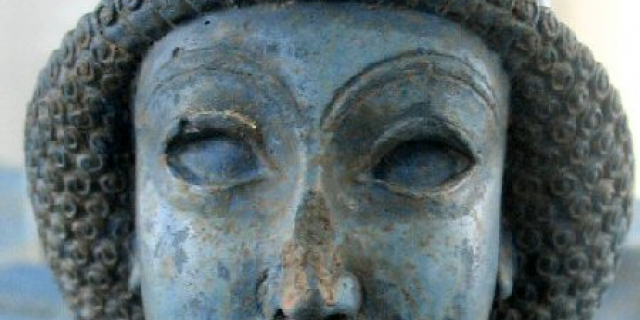United Arab Emirates
Context of United Arab Emirates
The United Arab Emirates (UAE; Arabic: اَلْإِمَارَات الْعَرَبِيَة الْمُتَحِدَة al-ʾImārāt al-ʿArabīyah al-Muttaḥidah), or simply the Emirates (Arabic: الِْإمَارَات al-ʾImārāt), is a country in Western Asia (the Middle East). It is located at the eastern end of the Arabian Peninsula and shares borders with Oman and Saudi Arabia, while having maritime borders in the Persian Gulf with Qatar and Iran. Abu Dhabi is the nation's capital, while Dubai, the most populated city, is an international hub.
The United Arab Emirates is an elective monarchy formed from a federation of seven emirates, consisting of Abu Dhabi (the capital), Ajman, Dubai, Fujairah, Ras Al Khaimah, Sharjah and Umm Al Quwain. Each emirate is governed by a ruler a...Read more
The United Arab Emirates (UAE; Arabic: اَلْإِمَارَات الْعَرَبِيَة الْمُتَحِدَة al-ʾImārāt al-ʿArabīyah al-Muttaḥidah), or simply the Emirates (Arabic: الِْإمَارَات al-ʾImārāt), is a country in Western Asia (the Middle East). It is located at the eastern end of the Arabian Peninsula and shares borders with Oman and Saudi Arabia, while having maritime borders in the Persian Gulf with Qatar and Iran. Abu Dhabi is the nation's capital, while Dubai, the most populated city, is an international hub.
The United Arab Emirates is an elective monarchy formed from a federation of seven emirates, consisting of Abu Dhabi (the capital), Ajman, Dubai, Fujairah, Ras Al Khaimah, Sharjah and Umm Al Quwain. Each emirate is governed by a ruler and together the rulers form the Federal Supreme Council. The members of the Federal Supreme Council elect a president (as of 14th May 2022, His Highness Sheikh Mohamed Bin Zayed Al Nahyan) and vice president (His Highness Sheikh Mohammed bin Rashid Al Maktoum) from among their members. In practice, the ruler of Abu Dhabi serves as president while the ruler of Dubai is vice president and also prime minister. In 2013, the country had a population of 9.2 million, of which 1.4 million were Emirati citizens and 7.8 million were expatriates. As of 2020, the United Arab Emirates has an estimated population of roughly 9.9 million.
The area which is today the United Arab Emirates has been inhabited for over 125,000 years. It has been the crossroads of trading for many civilizations, including Mesopotamia, Persia, and India.
Islam is the official religion and Arabic is the official language. The United Arab Emirates' oil and natural gas reserves are the world's sixth and seventh-largest, respectively. Zayed bin Sultan Al Nahyan, ruler of Abu Dhabi and the country's first president, oversaw the development of the Emirates by investing oil revenues into healthcare, education, and infrastructure. The United Arab Emirates has the most diversified economy among the members of the Gulf Cooperation Council. In the 21st century, the country has become less reliant on oil and gas and is economically focusing on tourism and business. The government does not levy income tax, although there is a corporate tax in place and a 5% value-added tax was established in 2018.
Human rights groups, such as Amnesty International, Freedom House and Human Rights Watch, regard UAE as generally substandard on human rights, with citizens criticising the regime imprisoned and tortured, families harassed by the state security apparatus, and cases of forced disappearances. Individual rights such as the freedoms of assembly, association, the press, expression, and religion are also severely repressed.
The UAE is considered a middle power. It is a member of the United Nations, Arab League, Organisation of Islamic Cooperation, OPEC, Non-Aligned Movement, and Gulf Cooperation Council (GCC).
































